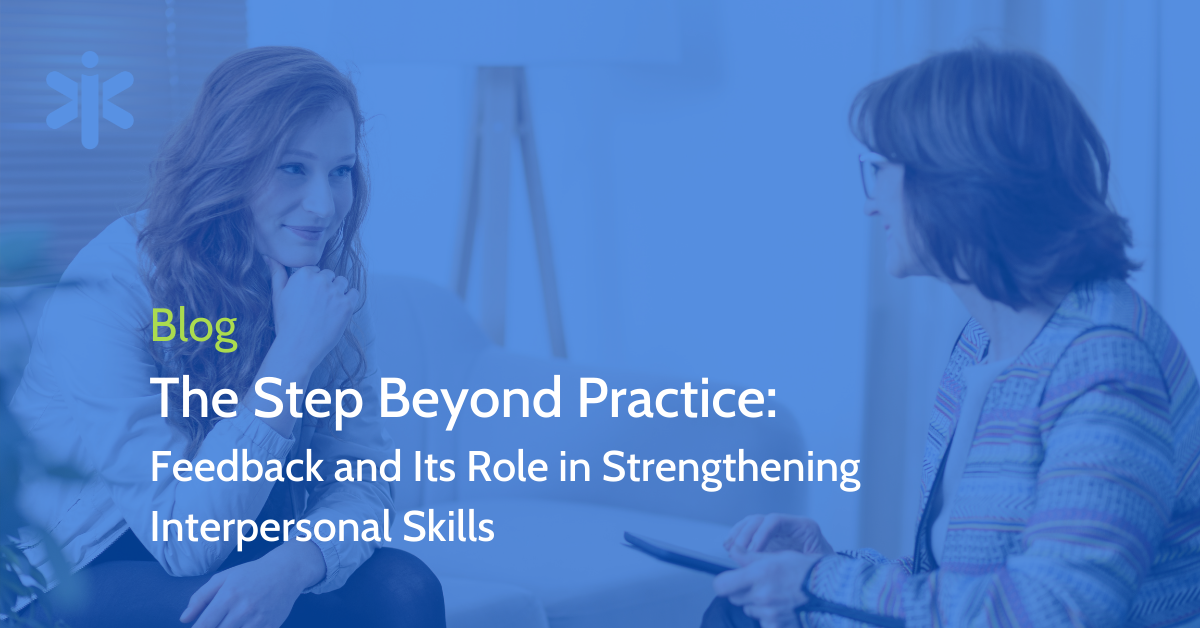Whether it’s to an employee or to a colleague, providing actionable feedback, accompanied by clear guidance, is critical to performance improvement. How can someone master a new skill, for example, if they don’t know what they’re doing well and where there is room for improvement?
Unfortunately, delivering feedback without having had the proper training is fraught with danger. Give feedback poorly during a performance review and your employee may feel alienated and decide to leave the company. Inadvertently undermine a peer while critiquing their work and you could lose a needed ally for your next project. Effective feedback is constructive and solution oriented, with the goal of improving the entire team. Based on two-way communication, feedback is a good example of an interpersonal skill that requires coaching and lots of deliberate, purposeful, and systematic practice.
Hiring a coach to provide one-on-one training on delivering feedback and finessing other interpersonal skills would help many aspiring professionals. However, the high cost of a private coach and the limited scalability of such a solution can put the ability to develop and refine these skills out of reach for most employees.
Fortunately, offering on-site interpersonal skills training sessions for executives, managers, and employees is a cost-effective way for companies to add tremendous value to their business and their workforce. In many respects, it’s something that companies can’t afford not to invest in. Let’s break down how an interpersonal skills coach provides meaningful, effective feedback.
The Feedback Process of an Interpersonal Skills Coach
When a learner seeks coaching, it’s to improve their performance through feedback. To give actionable feedback for interpersonal skills, a coach will do the following.
- Observe the learner’s performance: For example, a coach may sit in during an annual performance review between a manager (the learner in this case) and an employee, carefully watching the interaction and quietly taking notes. The key is that the coach does not interrupt the interaction.
- Analyze the learner’s performance: The coach will review their notes to summarize key moments of the interaction and valuable takeaways.
- Compare the performance to a standard of excellence: The coach will compare the interaction to a standard of excellence to identify what was done well and where there may be gaps.
- Enumerate the successes and gaps: During a conversation with the learner, the coach will clearly define and explain points of success and opportunities for growth.
- Reinforce the successes: The coach will praise and celebrate the learner’s successes to encourage the learner to repeat them.
- Provide guidance on the gaps: The coach will share how the learner can improve by providing specific, actionable suggestions or by asking questions that can help the learner reflect on their performance.
Deliberate Practice: The Foundation for Acquiring Interpersonal Skills
Deliberate practice is the best way to refine interpersonal skills. Strengthening interpersonal skills takes repeated and intentional exercise that focuses on improvement. Providing opportunities to safely practice a skill and offering guided feedback is the path to better performance.
